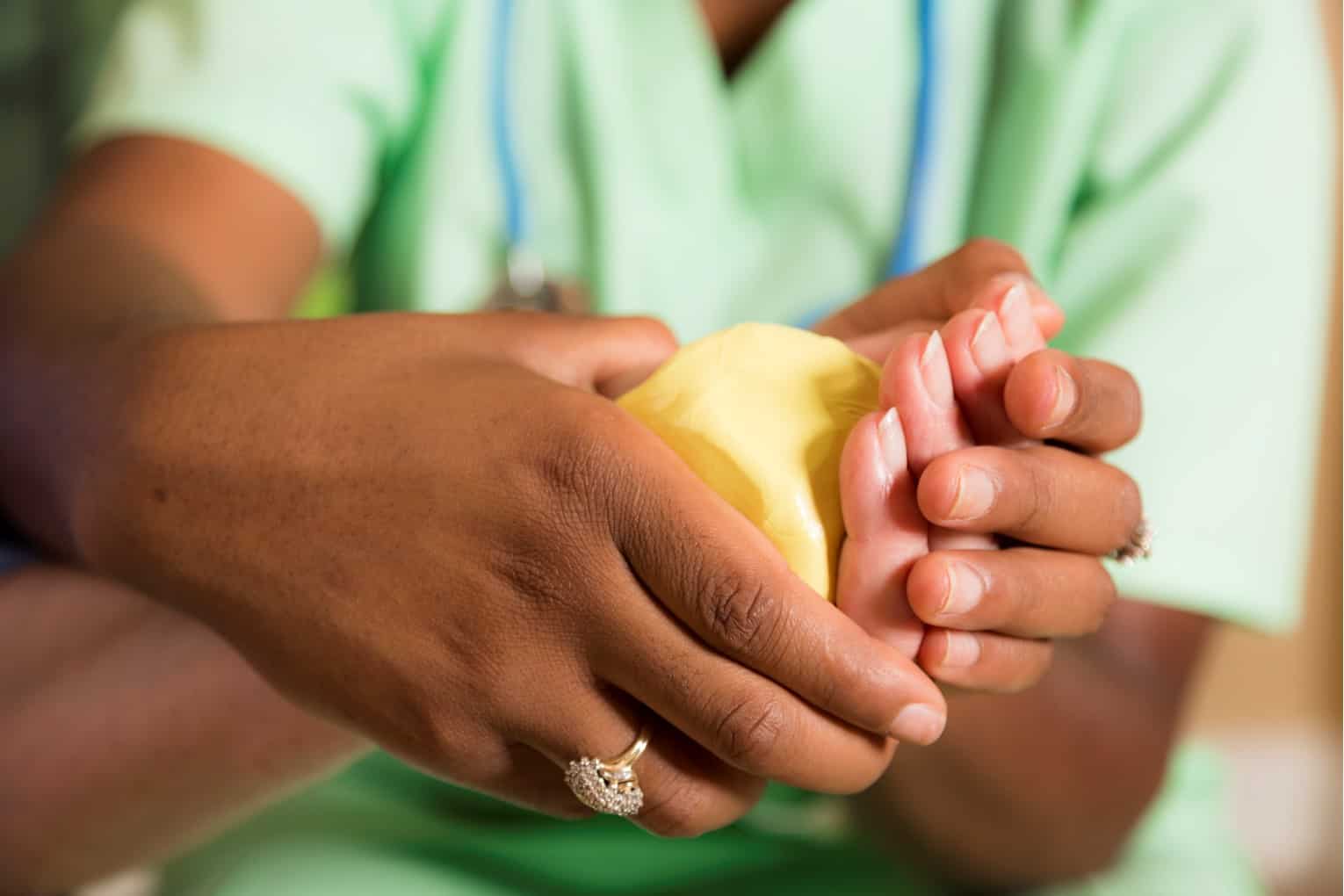
Neuromuscular Rehabilitation
Neuromuscular disorders affect your neuromuscular system.
Common neuromuscular disorders are:
- Stroke
- Traumatic brain injury (TBI)
- Multiple sclerosis (MS)
- Spinal cord injury (SCI)
- Amyotrophic lateral sclerosis (ALS)
- Parkinson’s disease
These disorders can cause your muscles to become weak and waste away. You may also have symptoms such as spasms, twitching, and pain.
Your neuromuscular system involves:
- The nerves that control your muscles
- Your muscles
- Communication between your nerves and muscles
Neuromuscular therapy addresses arm function for patients that have a neurologic condition and works to improve activities of daily living.
Our Goals:
- Assess and measure arm functioning
- Improve motion, coordination, and sensation (feeling) in the upper arm and hand
- Manage tone and spasticity (muscle stiffness or uncontrollable spasms) related to stoke or other neurologic diagnoses
- Recommend adaptive equipment (devices to assist with daily living) to maximize independence
- Improve the patient’s ability to complete activities
What to Expect:
- Assessment of functional status (ability to physically perform activities such as self-care, being mobile, and independence) at home or in the community.
- Measurement of arm motion, coordination, strength, and sensation (physical feeling)
- Provide home programming (usually arm exercises) to restore and maximize arm functioning
- Clinic based exercises
- Manual (physical) therapy
- Recommend adaptive equipment for safety and greater independence
- Teaching of strategies to improve function, such as organization skills, planning ahead, making lists
- Use of electrical stimulation to restore arm functioning
- Use of splints as needed to manage pain and joint stiffness
Many neuromuscular diseases have no cure. But treatments may improve symptoms, increase mobility, and lengthen life.
A referral to Occupational Therapy is required from your provider.
Fax referrals to 612-873-1989

